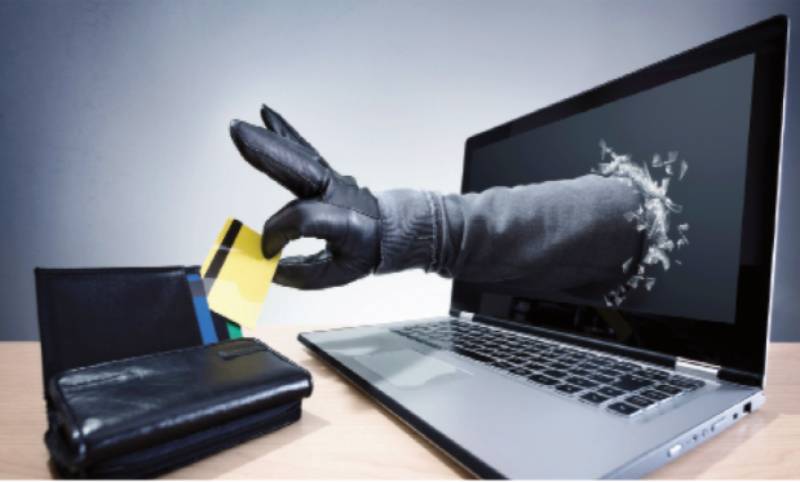×
The Standard e-Paper
Fearless, Trusted News

Digital technology has been described as the ‘hidden hero of this unprecedented global crisis’ as the world adapts to the ‘new normal’ due to the Covid-19 pandemic. Thanks to lockdown, most households became alternative remote workspaces, classes and play areas for children. But while this strengthened family bonds, it broke boundaries between work and private life, making them prone to cyber-attacks.